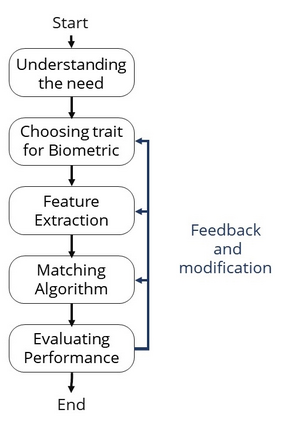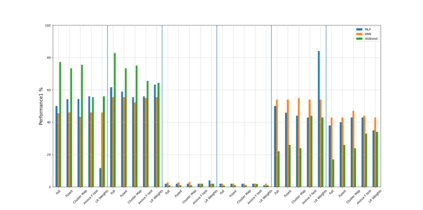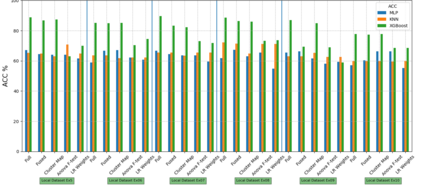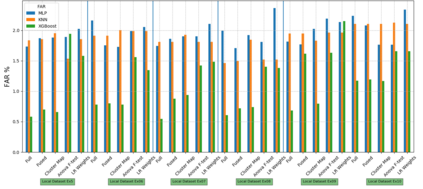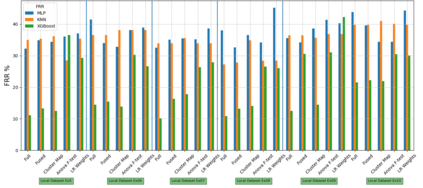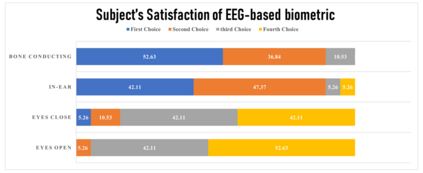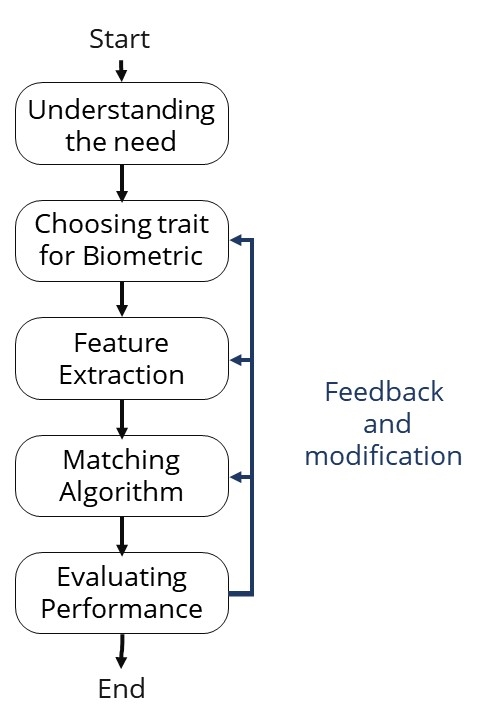Opposed to standard authentication methods based on credentials, biometric-based authentication has lately emerged as a viable paradigm for attaining rapid and secure authentication of users. Among the numerous categories of biometric traits, electroencephalogram (EEG)-based biometrics is recognized as a promising method owing to its unique characteristics. This paper provides an experimental evaluation of the effect of auditory stimuli (AS) on EEG-based biometrics by studying the following features: i) general change in AS-aided EEG-based biometric authentication in comparison with non-AS-aided EEG-based biometric authentication, ii) role of the language of the AS and ii) influence of the conduction method of the AS. Our results show that the presence of an AS can improve authentication performance by 9.27%. Additionally, the performance achieved with an in-ear AS is better than that obtained using a bone-conducting AS. Finally, we verify that performance is independent of the language of the AS. The results of this work provide a step forward towards designing a robust EEG-based authentication system.
翻译:在生物鉴别特征的众多类别中,以电子脑图为基础的生物鉴别技术因其独特性而被视为一种有希望的方法。本文通过研究以下特征,对“听觉刺激”(AS)对基于电子EG的生物鉴别技术的影响进行了实验性评价:一)基于基于生物鉴别技术的基于AS的基于EEG的生物鉴别技术与非基于AS的基于EEEG的生物鉴别技术相比的总体变化;二)AS语言的作用以及(二)AS行为方法的影响。我们的结果表明,AS的存在可以提高9.27%的认证性能。此外,与使用骨骼显示的AS相比,在AS上取得的绩效优于获得的绩效。最后,我们核实基于AS语言的绩效。这项工作的结果为设计一个强有力的基于ERG的生物鉴别系统迈出了一步。

